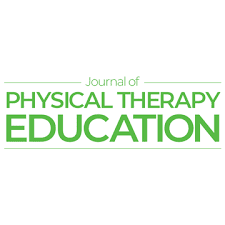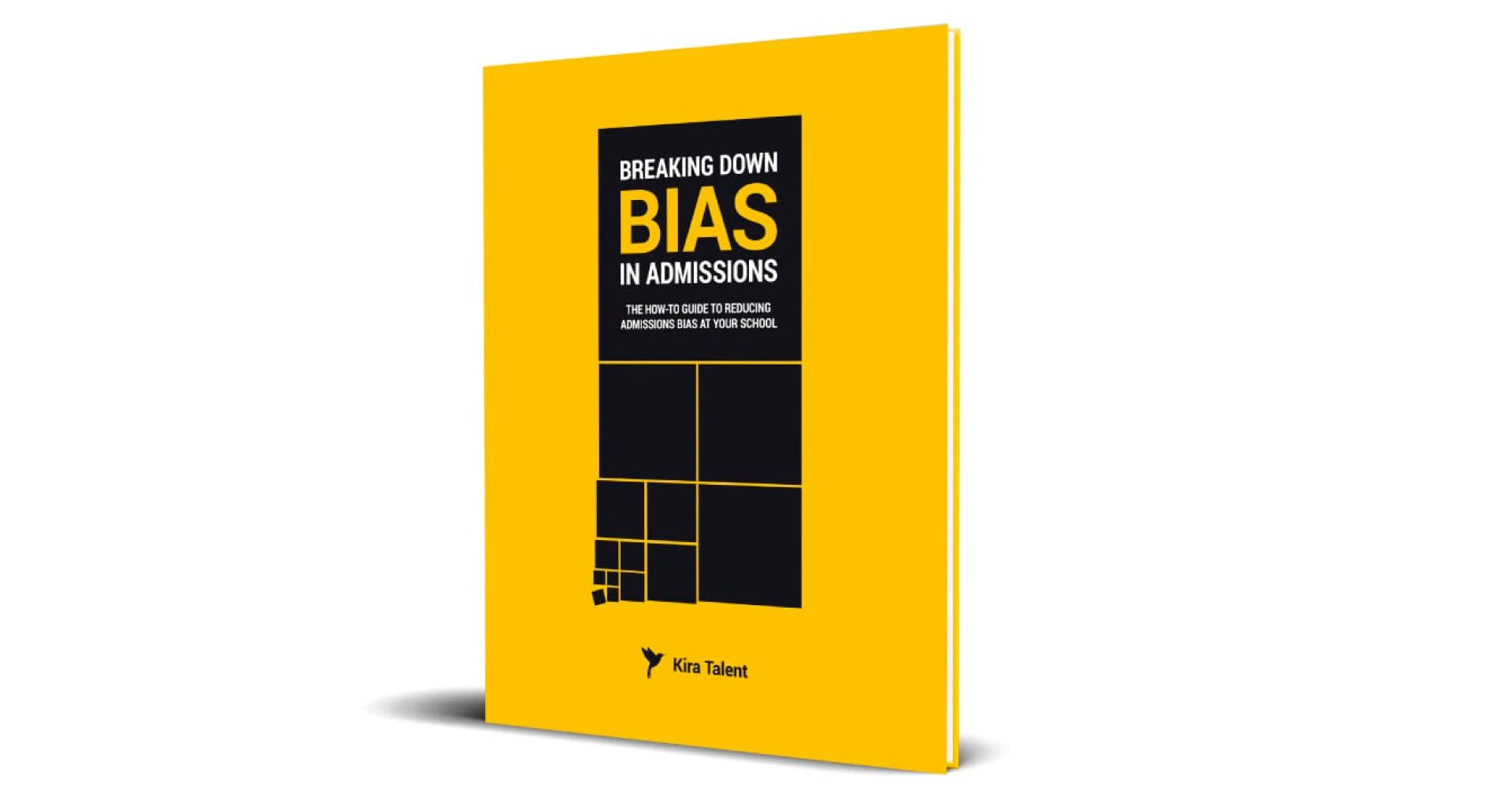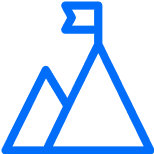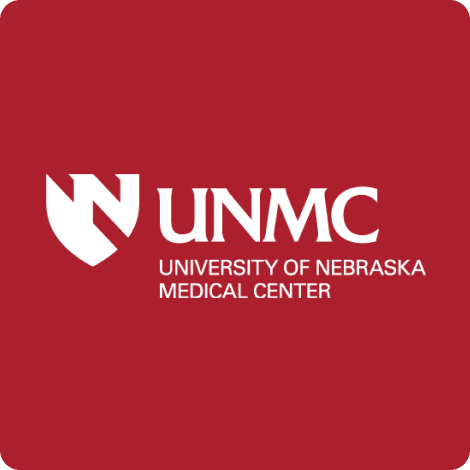Placing emphasis on problem-based, self-directed learning, the Physiotherapy Master’s at McMaster University’s School of Graduate Studies offers students a well-rounded academic and clinical education.
“We’re not like a typical lecture-based program,” explained Sarah Wojkowski, Associate Professor at McMaster Physiotherapy. “Our students learn through exploring health care problems that are reflective of the clients they would actually see in the clinic.”
An intensive 24-month schedule sees students alternate between being in class full-time and four full-time clinical placements, giving them a broad scope of academic knowledge and on-site learning in the different areas of practice.
To ensure students enrolled in the program had both the cognitive and soft skills to succeed within this rigorous curriculum, McMaster included an in-person interview in the final step of their admissions process.
“Our traditional interviewing process required a lot of coordination, and incurred significant costs, so we were limited in the number of people we could bring in for the interview,” shared Wojkowski.
“We realized we were limiting ourselves and our applicants, as many of them couldn’t attend due to financial or scheduling barriers.”
In order to increase their applicant pool and engage a more diverse group of applicants, McMaster Physiotherapy decided to move their interviewing process online with Kira Talent.
Expanding your applicant pool
Each year, only 70 students on average are admitted into the McMaster Physiotherapy program. With so much on the line for these hopeful students, selecting who received an invitation to the three-day on-site interview posed several challenges.
With their old process, McMaster invited applicants with the 300 highest grades to the interview weekend.
“We were restricted in the number of applicants we could bring in to interview because we could only run them on one weekend,” shared Wojkowski. “We had a limited number of assessors who needed to be onsite for the entire weekend. It just wasn’t feasible to increase the number of applicants we interviewed.”
Knowing that they could be missing out on stellar applicants who were hiding behind average scores, McMaster sought out a more holistic method of assessment. In 2012, the McMaster Physiotherapy Program found what they needed with Kira Talent.
“The transition to Kira gave the program an opportunity to really think differently about a number of admissions-related processes,” Wojkowski explained.
Kira’s on-demand assessment enables McMaster to increase their applicant interviews by 183% to 750-850 applicants without needing to add additional team resources.
“Whereas before applicants were selected for an interview based on their sub-GPA, now every applicant, as long as they meet the minimum requirements set by our graduate studies office, has the opportunity to show us who they are in an interview,” explained Shelby-Lynn Dunbar, Acting Program Coordinator.
“We’re able to offer the interview experience to almost triple the number of applicants,” she continued. “We’re also able to offer them more flexibility when it comes to completing their interview. Their candidacy in our program is no longer dependent on them being available during a three-day window.”
Creating an inclusive interviewing process
From travel arrangements to coordinating parking spots, hosting a multi-day, on-site event came with a seemingly endless number of time and cost barriers.
“We were limiting our applicant pool to candidates who were available to come on-site for the three-day interview period,” explained Wojkowski. “If they were from out of town, or from out of the country, they had to make travel arrangements. If their schedules or personal financial situation simply didn’t allow for them to participate on-site, unfortunately, they would have to give up their interview spot to the next person.”
Removing the time and cost barriers allows McMaster Physiotherapy to not only interview more applicants, it also provides access to a wider pool of reviewers because they can work whenever and from wherever they want.
“Enabling reviewers to evaluate on their own schedules helps ensure that we’re engaging a wide variety of individuals to assess our applicants,” shared Wojkowski. “Previously, we were limited to reviewers who were nearby or able to take 3 days off to attend our interview weekend. With Kira, we get access to so many more diverse perspectives because our reviewers are coming from different geographical areas and different areas of practice. That’s a win for everyone.”
Reducing bias through structured review
With Kira, McMaster has made the admissions process more equitable behind the scenes as well.
Transitioning to horizontal review in 2020, the program is mitigating the potential for biases within each step of the interviewing process. With horizontal review, reviewers assess applicants for specific competencies, instead of evaluating all of the responses from the applicants they're assigned to. In this way, reviewers not only become experts at evaluating their specific competency, it also ensures that each applicant is assessed by multiple reviewers.
The Journal of Physical Therapy Education
Read McMaster's research on the benefits of horizontal review in Kira Talent in this report published by the Journal of Physical Therapy Education.
Access report

The Journal of Physical Therapy Education
Read McMaster's research on the benefits of horizontal review in Kira Talent in this report published by the Journal of Physical Therapy Education.
Access report
“We were concerned that an applicant’s response in an early part of the interview could impact the interviewer’s impression as they continued to assess the applicant’s responses to other questions,” explained Wojkowski. “With a vertical review process, it’s not uncommon for reviewers to submit very different scores for the same applicant. When that happened in the in-person interview, it was difficult to resolve the discrepancy. With horizontal review in Kira, we rarely encounter that issue.”
Learn more about how to leverage horizontal review with Kira Talent
“Horizontal review helps assessors feel more comfortable with what a strong answer looks like for that specific competency,” Wojkowski continued. “And by having multiple reviewers listening to the applicant at different stages of their Kira interview, it helps us mitigate the potential for bias and ensure applicants aren’t being unintentionally disadvantaged.”
“When we compared our vertical review to horizontal review this year, we found that there was less influence of any one rater on the applicant’s total interview score,” she added. “Any biases that may have been associated with any one reviewer were minimized by using horizontal review.”
With this structure in place, the new process makes it easier for McMaster’s admissions team to complete a file review and make final admissions decisions without worrying about any potential discrepancies or biases.
Post-interview, Kira’s structured review brought additional consistency and efficiency to the admissions process. As evaluators enter their scores in the custom rubrics built into the Kira platform, the system automatically organizes the data and populates an applicant data dashboard showing individual scores as well as applicant integrity metrics.
“The transparency and accessibility offers a level of confidence to our data. It allows us to be more confident in the overall interview score.”
Elevating the experience with hands-on support
“Kira’s hands-on support in helping us build the assessment and utilize all of the platform’s features made the entire process seamless,” shared Dunbar.
Their dedicated Client Success Manager guided McMaster through the building of their assessment and the training of their reviewers, while 24/7 technical support ensured their applicants always felt supported.
“Kira has helped us better prepare our assessors because we’ve been able to look at feedback from applicants and assessors and adjust our training and rubrics accordingly,” shared Dunbar. “It has helped us empower our reviewers to assess applicants more accurately and consistently while elevating the overall applicant experience.”
“Compared to the stress of an onsite MMI, our process with Kira was a dream.”
“When the COVID-19 pandemic hit, it had zero impact on our admissions because we were already using technology to facilitate admissions,” shared Wojkowski. “While other programs were scrambling to figure out how to do interviews virtually, we never missed a step.”
“For us, that was the real confirmation that we had made an excellent choice partnering with Kira Talent,” she added. “It reinforced for us that both at the applicant and the university level, the value of using a virtual platform, and partnering with a team like Kira, is significant.”






